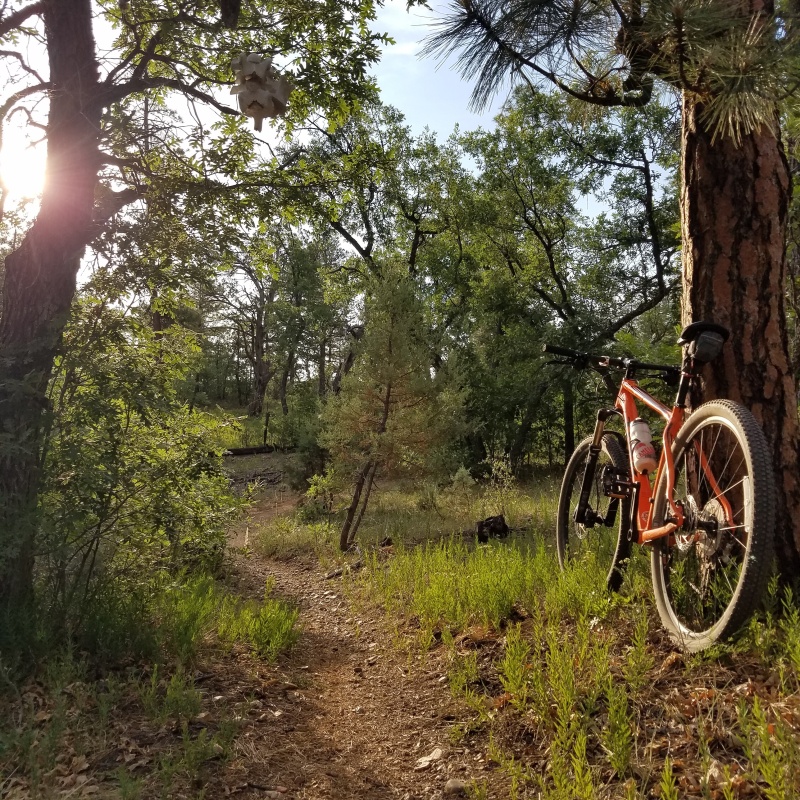A code last week reminded me that the biggest problem with classroom ACLS is that it is too clean, too managed, too un-chaotic. Here’s a couple of recommendations to the AHA for inclusion in the next set of guidelines for ACLS curricula.
1. More people, smaller rooms. Codes almost never happen in big rooms, so you end up with 20-30 people cramming into a 10×10 (or smaller). I swear besides the code team, everyone else tends to show up. Housekeeping, dietary, looky-loo nursing staff with nothing better to do, extra docs not involved in the case, maybe a couple of pharmacists and an administrator. To best simulate that feeling of claustrophobia and having to work under such conditions, the schools hosting the classes should hire extras to crowd around you so there is barely enough room to work.
2. Auditory competition. It’s usually a cacophony of noise as people are barking orders, shouting back values, yelling at each other and general noise in a code. ACLS mock codes are just too quiet, like a quaint afternoon tea in the country. They’re full of thoughtful contemplation, “Hmmm…we gave Epi, CPR is in progress, let’s see what the next step should be.” Where usually it is, “What!!! Did you give EPi yet?!!!” and “GET ON THE CHEST!!!!” To solve this, using the extras mentioned above, have them loudly carry-on conversations to provide a sort of white noise effect and teach students to think with 10 different voices giving you information all at once.
3. Smell-o-vision. Think it through.
4. Realistic dummies that either poop, pee or vomit during the code. Ever done CPR while trying to keep your scrubs out of vomit? Yeah, it’s difficult, the hands slip off of their position as the gloves slide over the vomit on the chest so it’s kind of like hitting a moving target. Also, the training should incorporate identification of emesis into the H’s & T’s differential diagnosis. Maybe call it T-H-Es? We’re trying to look for a causative reason, ID’ing dinner might be a good start, it’s usually easily viewed. One of the extras could smear chocolate pudding on the dummy with each rhythm check to add that extra layer of realism. To make it better, the manufactures of the dummies could add an optional module that uses the force of the compressions and triggered by breaths to spew liquid material out of the dummy’s mouth.
5. Re-organize the algorithms by using a drunken dart toss for each step, say every 2 minutes. Many times the actions are just so random it is like that. This way by using the toss method, random changes to the procedure would be accounted for and awaited thus allowing practioners to think ahead. Besides, wouldn’t playing darts in ACLS be awesome?
Finally,
6. Teach clean-up as part of post-recusitation care. We’ve all seen rooms after a code. Wrappers everywhere, boxes from meds strewn about, random pieces of detrisius tossed to the side of the bed, pieces for the intubation tray lodged in the computer keyboard, sharps hiding under piles of plastic and the puddles of body fluid. What should be taught is that everyone goes on break, leaving one person to clean up the mess. That job should be assigned with as much if not more importance than the compressors to ensure the rest of the team gets to take a break post-code.
If the AHA would consider incorporating these elements into ACLS training, it would make the providers so much more capable in handling the realities of the true in-hospital codes. Just sayin’.
editors note: your results may vary, data is compiled from triple-blinded, beer-goggled, non-placebo, peer un-reviewed observation of events on medical/telemetry/geri-psych nursing floors over a 5 year period of time.


